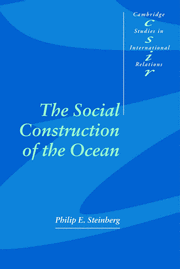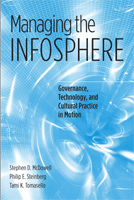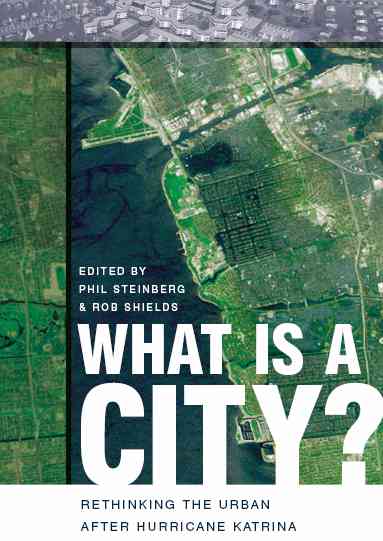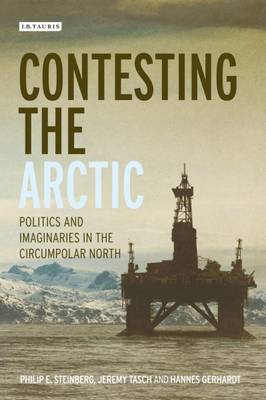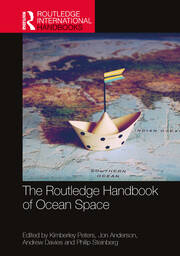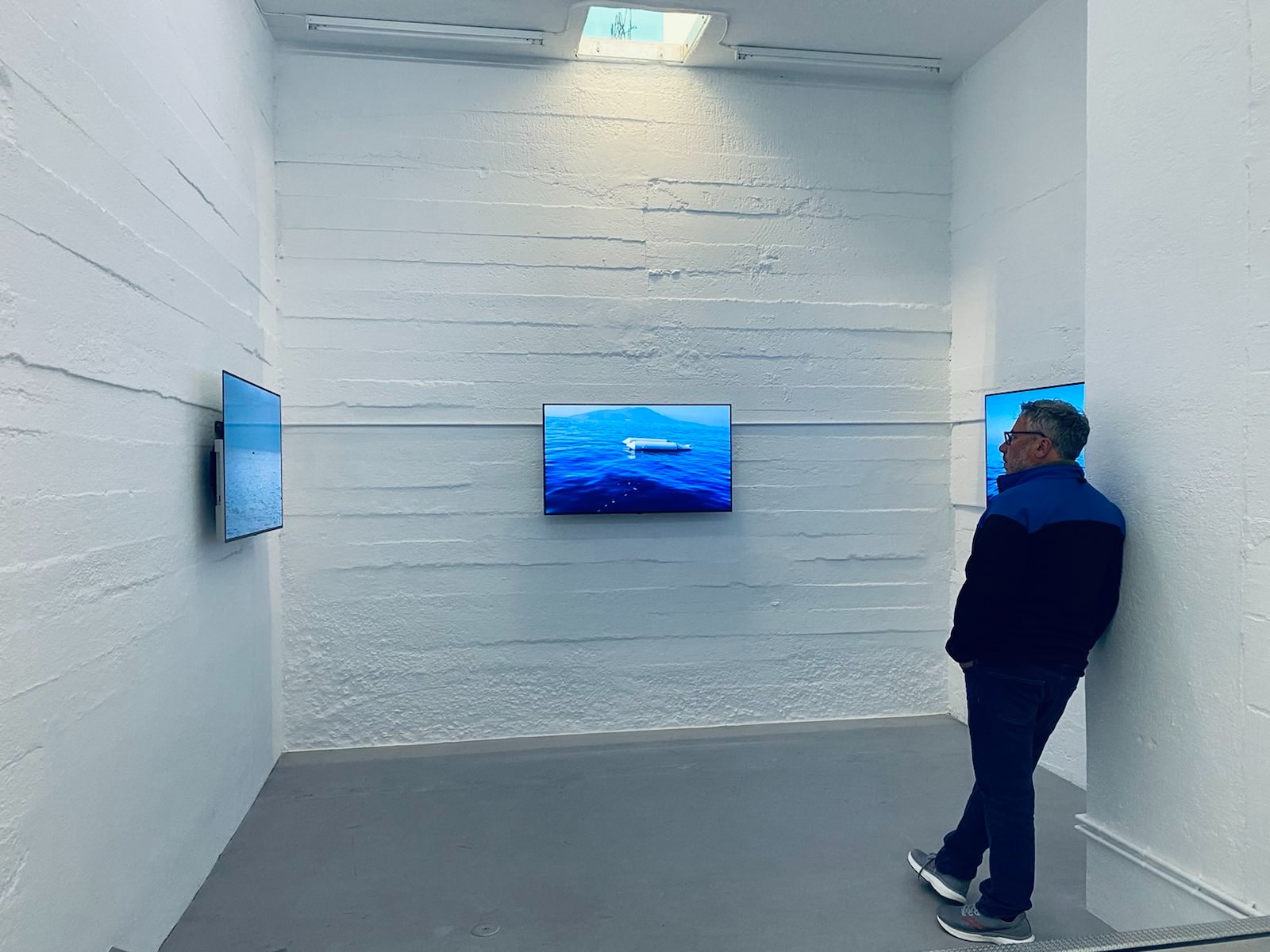 Photo: Ai Weiwei exhibit, Kaviar Factory, Henningsvær, Norway (photo by J. Williams)
Photo: Ai Weiwei exhibit, Kaviar Factory, Henningsvær, Norway (photo by J. Williams)
I am UArctic Chair in Political Geography at Durham University, where I began working in September 2013. Prior to Durham, I taught for sixteen years at Florida State University (1997-2013), punctuated by one-year interludes at the New York Public Library’s Cullman Center for Scholars and Writers (2002-2003), the University of California, Santa Cruz’ Center for Cultural Studies (2005-2006), and Royal Holloway, University of London (2012-2013). I received my PhD from Clark University in 1996.
My research focuses on the historical, ongoing, and, at times, imaginary projection of social power onto spaces whose geophysical and geographic characteristics make them resistant to state territorialisation. In particular, I have studied the world-ocean, the internet, and the Arctic. Within these spaces, I study everything from cartographic and artistic depictions to governance institutions and international law, as well as researching the lifeways of the individuals who inhabit (or cross) their expanses.
In addition to numerous book chapters and articles, I have authored or edited seven books:
For more details on past research, please see my c.v.
Current Projects
Although my research has, at times, crossed into areas as diverse as development studies, urban planning politics, industrial history, art and aesthetics, and cartographic theory, the ocean has always dominated my research agenda. The ocean and, more recently, the Arctic maritime region, continue to shape most of my research. Current projects include:
Wet Ontologies and Ocean Governance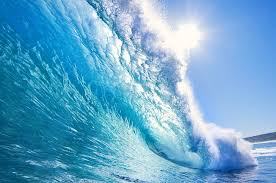
Through a series of interventions, Kimberley Peters and I have been exploring how the ocean — in its liquid mobility but also in its other states (sea ice, mist, etc.) and in its depths and volumes — challenges the notion of ‘territory’ as it is typically conceptualised on land. While much of my work in this area — individually, with Kim, and with other collaborators — is highly conceptual, it also engages with issues in the governance of marine resources, particularly on the seabed.
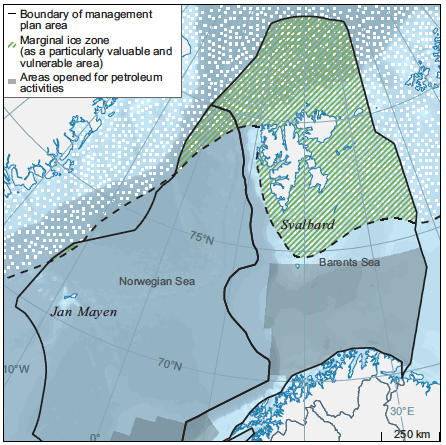 Frozen Oceans, Arctic Politics, and the Liveliness of Sea Ice
Frozen Oceans, Arctic Politics, and the Liveliness of Sea Ice
Since around 2007, my interest in the oceans has led me develop a specific focus in the Arctic, where the presence of sea ice challenges norms of ocean governance inherited from temperate, continental regions. Much of my work in this area focuses on Norwegian marine management initiatives (undertaken in collaboration with Berit Kristoffersen) and, to a lesser extent, the governance of sea ice in Canada as well. This research is complemented by a wider ranging set of enquiries concerning the place of the frozen, inhabited ocean in a world that is typically understood as divided into solid land and liquid water.
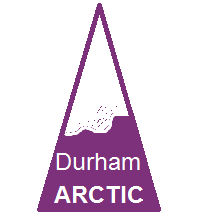 DurhamARCTIC
DurhamARCTIC
I’ve long had an interest in the theory as well as practice of both geographic and interdisciplinary education. Currently, I combine this with my interest in the Arctic through my leadership of the Leverhulme Trust-funded Durham Arctic Research Centre for Training and Interdisciplinary Collaboration (DurhamARCTIC). Through 2023, DurhamARCTIC is training 15 PhD students with expertise in Arctic humanities, sciences, and social sciences.
 IBRU: Durham University’s Centre for Borders Research
IBRU: Durham University’s Centre for Borders Research
Since 2013, I have been directing IBRU. Best known for its professional training workshops on boundary delimitation, IBRU offers a suite of online and offline training courses, as well as supporting research that seeks to facilitate enhanced understanding of border areas, contribute to the peaceful resolution of boundary disputes, and engage with broader geographic questions concerning the changing nature of sovereignty, territory, citizenship, and the political organisation of space.
NINE DTP
Since 2023, I have been on a 50% secondment to direct the Northern Ireland / Northeast England Doctoral Training Partnership. NINEDTP is funded by the UK Economic and Social Research Council to support doctoral training at five universities in Northeast England (Durham, Newcastle, Northumbria, Sunderland, and Teesside) and two universities in Northern Ireland (Queen’s Belfast and Ulster). Each year we fully fund between 150 and 200 PhD students in the social sciences (ca 50-55 in each entering cohort), as well as six postdoctoral fellows, across the seven member universities.
For more on each of these projects, please see the Current Projects section of this website.
